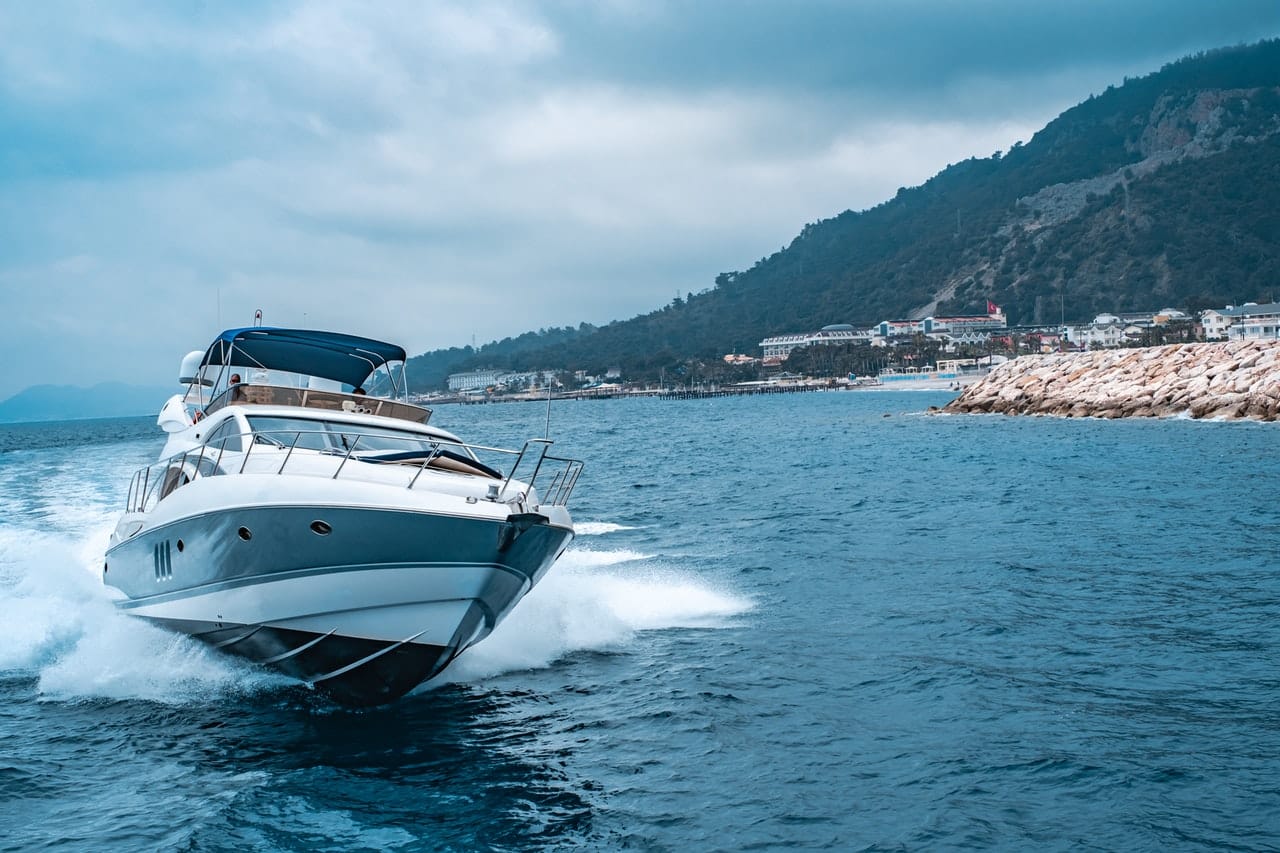It is crucial to avoid drinking when boating because alcohol use significantly contributes to boating deaths, injuries, and accidents. According to the 2020 Recreational Boating Report compiled by the U.S. Coast Guard, alcohol was the top factor in fatal boating accidents, causing 18% of the total fatalities. Every boater should understand the risks and consequences of drinking and boating.
IMAGE: PEXELS
Why Alcohol UseAnd Boating Is A Recipe For Disaster
Alcohol has numerous effects that can threaten the safety and wellbeing of both boat drivers and passengers. When they drink, the following occur:
- Cognitive abilities and judgment are impaired, making it more challenging to assess situations, process information, and make sound decisions
- Impairment of physical performance, which results in fatigue, poor coordination and balance, and slower reaction time
- Vision impairment, for example, reduced peripheral vision and depth perception, difficulty distinguishing colors, especially green and red, and deterioration of night vision
- A warm sensation created by alcohol may result in hypothermia in cold water
- Inner ear disturbances may make it harder for someone who has fallen into the water to differentiate between up and down.
Riskier Than Drunk Driving On Land
Consuming alcohol while one is out on the water can be significantly more dangerous than drinking and driving on land. The boating environment has stressors like the sun, wave action, wind, dehydration, engine noise, and glare off the water that can magnify the effects of drinking alcohol. The stressors make a person intoxicated three times faster on the water than onshore.
Because of the effects that alcohol can have on a person in the marine environment, boat operators with a blood alcohol concentration (BAC) of over .10% are said to be 10 times likelier to die in boat accidents than operators with a BAC of zero.
On average, boaters spend only 110 hours per year on the water. Recreational boaters do not operate boats daily. Alcohol can, therefore, be more hazardous to boat operators than car drivers because boaters are usually less experienced in operating boats than driving a car.
Every time people boat after consuming alcohol, they endanger their own lives as well as other people’s lives, which could lead to a wrongful death accident.
Dangers To Passengers
Passengers also increase their risk for injuries and death if they are intoxicated. Impairment can cause reckless behaviors and accidents like slips and even falls overboard. According to Coast Guard Data, in the boating deaths that involved alcohol use, more than half the victims fell overboard or capsized their boats.
In boating accidents, people can sustain injuries like face lacerations, concussions, limb amputations, brain damage, and death.
Legal Consequences
In all states, boating under the influence of drugs or alcohol (BUI) is illegal. The blood alcohol limit for boaters in most states is .08%, just like the applicable limit when driving a motor vehicle. Penalties for BUI can include loss of boating privileges, large fines, imprisonment, and financial restitution for damages. A person who has been convicted of BUI may also be required to complete an approved boating safety course or alcohol program.
Boating accidents can occur without warning. Alcohol can turn a fun day on the water into a tragedy. It is best for boaters to avoid drinking on the water or operating boats after having consumed alcohol. If boating plans must include having a couple of drinks, then people should always have an experienced designated boat driver aboard who will not drink any alcohol during the boating trip.
If you are interested in even more lifestyle-related articles and information from us here at Bit Rebels, then we have a lot to choose from.


COMMENTS